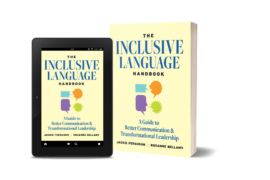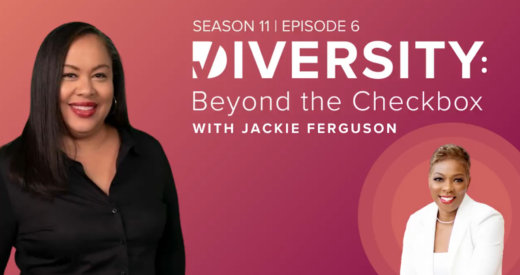There are nearly half a billion Indigenous people worldwide. They speak more than half of the world’s 7,000 languages and represent more than 5,000 unique, vibrant cultures. International Day of the World’s Indigenous Peoples is a globally recognized opportunity to promote and protect the rights, cultures, and lands of Indigenous people and their communities.
Indigenous Peoples are also known as Native, First, and Aboriginal Peoples. They form culturally distinct societies that share rich ties to their ancestral lands, which form the foundation of their culture, spiritual beliefs, and personal identities.
Many Indigenous Peoples’ cultures stretch back thousands of years, providing them with unique perspectives and knowledge invaluable to their societies and the global community. Indigenous Peoples often have distinct languages, cultures, religions, and political systems.
What is International Day of the World’s Indigenous Peoples?
International Day of the World’s Indigenous Peoples, observed annually on August 9, has two primary goals. First, the day recognizes and celebrates the valuable diversity and cultures of the world’s Indigenous people. It represents an annual opportunity to shine a global spotlight on the ongoing achievements, contributions, and successes of Indigenous people.
International Day of the World’s Indigenous Peoples also serves as an opportunity to reaffirm a commitment to addressing the pervasive issues faced by Indigenous people worldwide, like marginalization, environmental and economic exploitation, and cultural erasure.
The observance began with a declaration by the United Nations General Assembly in December 1994, to mark the first meeting of the U.N. Working Group on International Populations, held Aug. 9, 1982. This group provided the first formal platform for Indigenous people to share their experiences, perspectives, and concerns with the international community.
Did you know the United Nations Decade of Indigenous Languages starts in 2023? Over the next 10 years, the U.N. will promote initiatives that uplift Indigenous Peoples’ rights to freedom of expression, public participation, and education in their native tongue. The U.N. will also work to improve access to resources that support the preservation and revitalization of Indigenous languages at risk of extinction.
Here are two great ideas for respectfully celebrating International Day of the World’s Indigenous Peoples:
Learn more about Indigenous struggles: Raising awareness is one of the International Day of the World’s Indigenous Peoples’ founding goals. Learning about the current political, environmental, and cultural issues facing Indigenous Peoples is a great way to observe the holiday.
Support indigenous organizations: Another great way to observe the holiday is by donating to indigenous organizations that labor year-round to bring awareness and solutions to the issues facing Indigenous communities. A few great options include:
- The American Indian College Fund: This organization is the largest Indigenous group in the United States that provides financial support to Native Americans attending college or graduate school.
- Cultural Survival: Cultural Survival is on an international mission to advocate for Indigenous communities’ right to cultural preservation, political resilience, and self-determination.
- The Indigenous Environmental Network: The Indigenous Environmental Network was founded in 1990 to develop mechanisms that empower Indigenous communities to protect their sacred lands, water, air, natural resources, and the health of Indigenous people and all living things.
Want to learn more about holidays like International Day of the World’s Indigenous Peoples? Subscribe to The Diversity Movement’s 2023 Diversity Holidays Calendar, and discover more cultural celebrations and annual commemorations.






